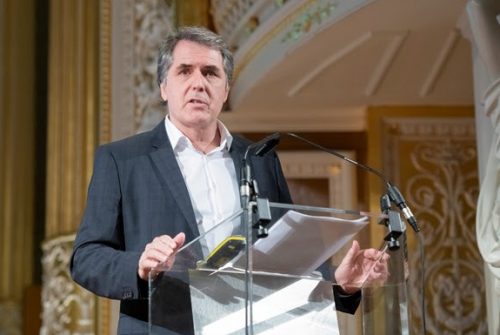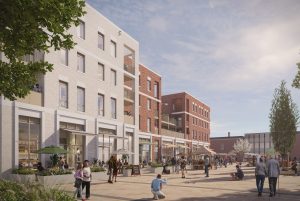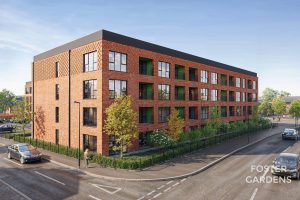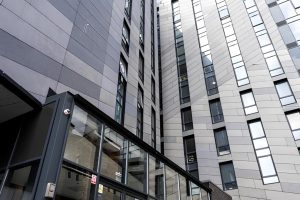£42m boost will extend retrofitting drive and improve energy efficiency

A further £42m has been invested in ramping up Liverpool City Region’s retrofit programme.
The funding will make nearly 5,000 of the region’s low income households more energy efficient and cheaper to heat.
The money will take the city region’s total investment to £105m to tackle fuel poverty and reduce carbon emissions, ensuring energy efficiency measures will be fitted to the properties of around 10,000 low-income households.
Steve Rotheram, Mayor of the Liverpool City Region, said: “With the cost of living crisis continuing to place some of our most vulnerable households under increasing strain, this funding really couldn’t have arrived at a better time. To date our retrofit programme has helped thousands of households across our area to save hundreds of pounds on their energy bills and enabled us to dramatically reduce household carbon emissions across the region.
“Currently, emissions from domestic properties account for nearly a third of all the emissions we produce as a city region. It is a statistic that we simply cannot afford to ignore, especially if we are serious about our ambition to be net zero by 2040 at the latest – at least a decade before national government targets.”
He added: “The fact that we have secured another £42m in additional funding is testament to the difference we are making and, most importantly, means that we can continue to protect even more households from rising energy bills and reduce their carbon emissions along the way.”
This latest £42m in funding will enable measures including external wall insulation, roof insulation, heat pumps and solar panels to be fitted to around 5,000 homes.
Around 60% of homes in the Liverpool City Region’s 700,000 homes are rated below the EPC Band C standard. The mayor has previously called on the Government to demonstrate its commitment to reaching its own retrofit and net zero targets by making sufficient funding available, saying: “There is still much more work to be done and we can’t achieve our ambitions alone. If the Government is serious about reaching their own net zero targets, they must work with us to help secure the investment we need to help make that happen.”
Cllr David Baines, Liverpool City Region Combined Authority portfolio holder for climate emergency and renewable energy, said: “We know that if we are to successfully reach our target of becoming net zero carbon by 2040 we need to halve our energy use in the city region. The situation in our homes is even more challenging, as we will have to cut energy use by 60%.
“We are working really hard with our local authorities to retrofit energy saving measures to as many houses as possible, to save people money on their bills, tackle fuel poverty and help the environment, but there is a limit to how much we can do on our own.”
Lord Callanan, Minister for Energy Efficiency and Green Finance, said: “This investment will help thousands of households to heat their homes for less, keep them warm for longer and could save hundreds on their annual energy bill.
“The green energy sector is growing, and this funding will support green jobs and provide the training needed to deliver these vital upgrades to homes.”
The Government’s national Social Housing Decarbonisation Fund has provided £31.7m of the funding.
The combined authority will work with 14 housing associations to make energy efficiency improvements to 4,355 social properties over the next two years, predominantly in the Liverpool City Region, tackling fuel poverty and reducing carbon emissions. The housing associations involved are providing around £45m in match funding.
A further £10.35m has been secured from the second round of the Government’s Home Upgrade Grant (HUG) scheme and will deliver improvements to around 500 homes across the six boroughs. This work will provide energy efficiency upgrades and low carbon heating to households that are low income and not on the gas grid.
Homes not on the grid and identified as inside the city region’s most deprived neighbourhoods will all qualify for the HUG scheme while those outside these postcode areas will need to prove they met the low-income eligibility.








